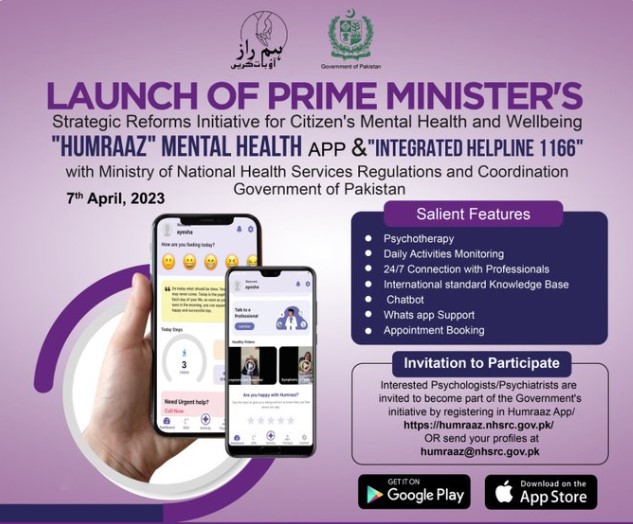
“Investigating the state of mental health in academia reveals a distressing truth: researchers in the academic sphere are plagued by anxiety and depression at a higher rate than the general population,” highlights a recent feature in Nature. The toll of the COVID-19 pandemic has been particularly harsh on researchers, mirroring the impact on society as a whole. However, it is evident that a toxic work environment remains a prevalent factor within academia.
The contributing factors to this crisis are numerous and disheartening. The presence of short-term contracts, coupled with meager salaries, especially for early-career researchers, fosters a competitive atmosphere that perpetuates immense pressure to publish. In addition to these systemic issues, instances of bullying, discrimination, and harassment further exacerbate the problem. Studies consistently demonstrate the devastating effects of such behaviors, particularly on marginalized groups like women, people of color, individuals from low-income backgrounds, and members of sexual and gender minorities.
Unfortunately, the widespread occurrence of bullying and harassment in academia is not a new revelation, as various reports by Nature and other journals have already highlighted. Regrettably, few academic leaders seem proactive in addressing this issue. This is not to suggest that they are indifferent; in fact, many leaders genuinely listen and acknowledge the problem. A considerable number even attempt to implement policies aimed at enhancing campus well-being. Yet, these efforts are falling short of producing the desired positive outcomes.
To effect real change, university administrations and governing bodies must expand their horizons beyond the confines of the campus and seek solutions in industry. Ultimately, internal structures within academia need to adapt to reflect the collaborative nature of modern scientific research. Furthermore, mechanisms for employee redress, including the establishment of systems that encourage whistle-blowing, need to be effectively implemented.
At the core of the issue lies the mismatch between the traditional notion of a university as a sanctuary for lone geniuses and the reality of contemporary scientific endeavors. As Athene Donald, a physicist at the University of Cambridge, asserts in her recent publication, “Not Just for the Boys: Why We Need More Women in Science,” today’s scientific pursuits frequently rely on teamwork. Research often involves extensive collaboration among numerous scientists within and across laboratories, transcending geographical and cultural boundaries. The paramount objective is teamwork, leveraging each other’s strengths and compensating for individual weaknesses, all while keeping sight of the ultimate goal. The merit of good science eclipses hierarchical structures. Donald further emphasizes that studies consistently demonstrate the positive impact of including individuals from historically under-represented groups in research teams, yet their contributions are frequently overlooked or undermined (B. Hofstra et al. Proc. Natl Acad. Sci. USA 117, 9284–9291; 2020).
Nonetheless, the research system continues to concentrate power in the hands of a select few. Grant allocation typically grants primary investigators the responsibility, rather than distributing it more equitably among the research team. Consequently, numerous early-career researchers, sometimes exceeding 50 in certain fields, find themselves under the sole supervision of a single principal investigator. Similarly, departments and faculties often operate under the leadership of a single individual. Regrettably, this ‘officer class’ tends to be less diverse than those they oversee.
There is an alternative path to tread. By fostering a culture of shared power, responsibility, and autonomy, individuals work more collaboratively and step up when needed. Conversely, when power is concentrated in the hands of a single person or a select few, it becomes a tool for harassment, undermining, and bullying. Tragically, this is an all too familiar occurrence.


